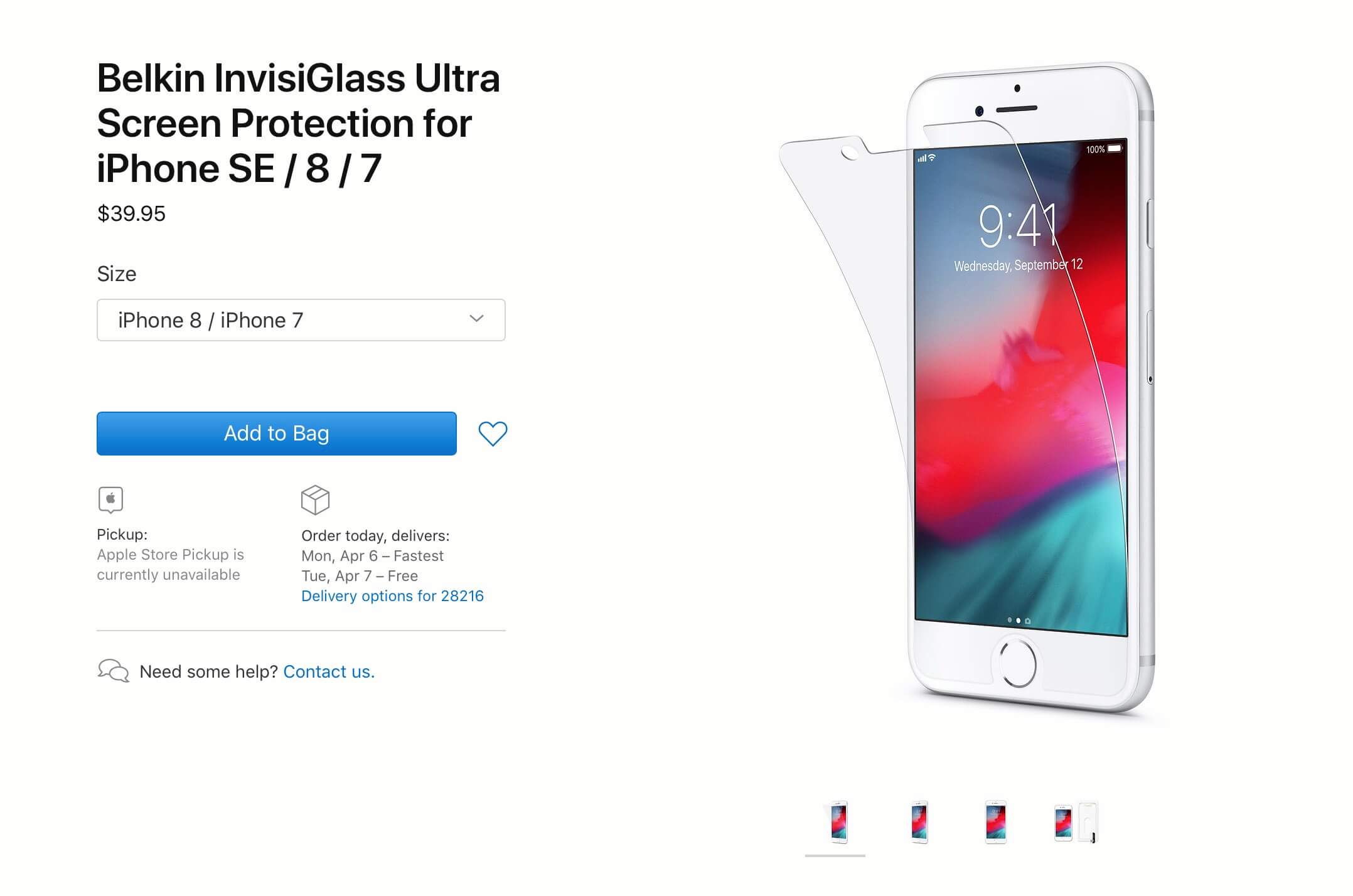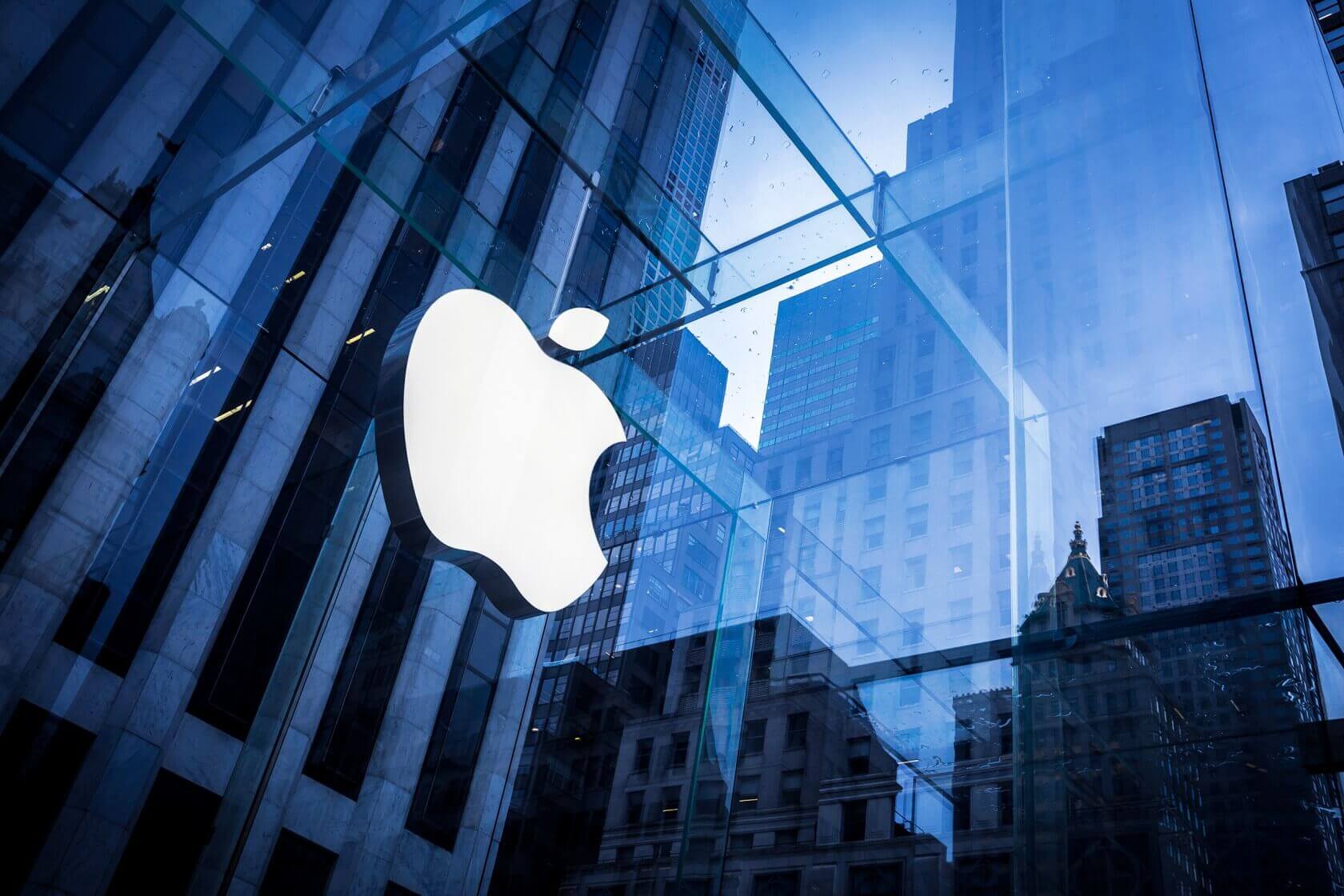Rumor mill: Apple's plan to launch a successor to the iPhone SE may have been delayed a month by labor and component shortages in China, but the company is reportedly nearing the launch date, especially if you look at subtle accidental leaks that no one paid attention to for weeks.
With so many people waiting for a less expensive iPhone that is easier to hold in an average sized hand, the rumor mill has been churning many pieces of information about Apple's upcoming device.
A particular dilemma in everyone's minds has been the name of the new iPhone. The best educated guess has been that Apple would just call it iPhone 9, since it's going to be almost indistinguishable from iPhone 8 in its exterior design.
However, according to a new report from 9to5Mac, Apple will simply call it iPhone SE, as in the "new iPhone SE," presumably because everyone is already familiar with the name. This seems to have slipped Apple's silo through an early listing for a Belkin InvisiGlass screen protector that is described as compatible with iPhone SE/8/7 - which the company promptly rectified on its official online store to remove the mention.

This also confirms the form factor of the device - an iPhone 8 shell with a 4.7-inch display, powered by the same chipset as the iPhone 11 lineup, and support for Touch ID. It will come in white, black, and Product(RED) variants with a choice between 64, 128, and 256 GB of storage. Pieces of iOS 14 code have also suggested the existence of a 5.5-inch, entry-level iPhone, which means the new iPhone SE could come in a "Plus" version.
And since many were also hyped about the potential $399 starting price, the notion that a launch is imminent for later this month makes it hard to believe that the company will change that in the middle of a pandemic that leaves entire industries and millions of jobs in limbo. The situation even has Apple thinking about postponing the launch of the more expensive, 5G-ready iPhone 12.
As China got the spread of Covid-19 in the country under control, Apple re-opened its physical stores, which is possibly a sign that the company wants to use this opportunity to battle Chinese smartphone giants that have been churning compelling iPhone alternatives for half the price.
